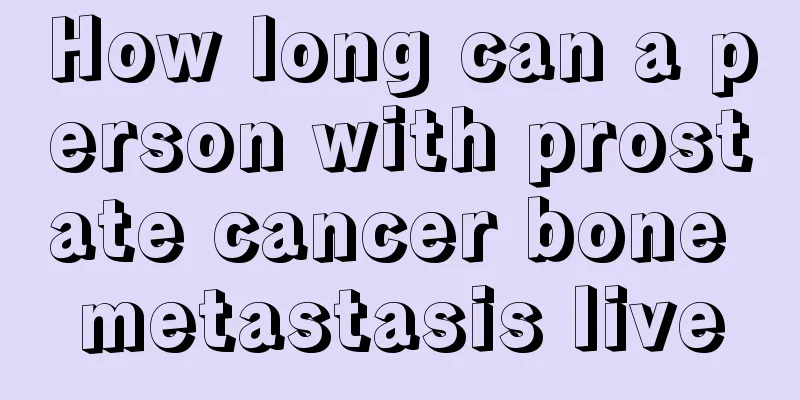What sequelae may occur after radiotherapy for nasopharyngeal carcinoma

|
Most NPC patients are moderately sensitive to radiotherapy, so radiotherapy is the first choice for NPC patients. However, some NPC patients will have some sequelae after radiotherapy, such as dry mouth, tooth decay, difficulty opening the mouth, cervical fibrosclerosis, etc., which are inevitable in radical treatment of tumors. Common sequelae after radiotherapy for nasopharyngeal carcinoma are as follows: Dry mouth, tooth decay Radiotherapy can damage the saliva secretion function of nasopharyngeal cancer patients and it is difficult to restore. Therefore, many nasopharyngeal cancer patients may experience dry mouth after radiotherapy. Since saliva contains various lysozymes, reduced secretion can lead to the proliferation of oral bacteria, which can cause patients to develop severe dental caries several years after radiotherapy. Difficulty opening the mouth 5% to 10% of NPC patients experience difficulty opening their mouths after radiotherapy, which may be related to the high dose of radiation to the temporomandibular joint. Some patients have severe limitations in opening their mouths, which may even affect their eating and speaking. Hearing loss, deafness After radiotherapy for nasopharyngeal carcinoma patients, 8% of patients will experience significant hearing loss, and 3% of patients will experience bilateral deafness, which is related to the high doses of radiation received by the patients' middle and inner ears. Fibrosclerosis of the neck Some nasopharyngeal carcinoma patients may develop fibrosis of the neck muscles and skin several years after radiotherapy, mainly manifested as atrophy of the neck muscles, thinning of the neck and thinning of the skin. Central nervous system damage During radiotherapy, the temporal lobe tissues on both sides of nasopharyngeal carcinoma patients will be exposed to high doses of radiation, which can easily lead to radiation-induced brain damage, which is mainly manifested as memory loss, personality changes, headaches, etc. |
<<: Characteristics of the three main types of skin cancer
>>: Men should also be wary of breast cancer
Recommend
Can peanuts and potatoes be eaten together?
Potatoes are also called potatoes. We often see p...
What is the cleanest way to wash tea cups?
Our tea culture is extensive and profound. In add...
What's wrong with high bilirubin aminotransferase
Bilirubin and transaminase are important indicato...
Can onion sprouts be eaten?
Many foods will sprout. Some foods will become to...
What causes difficulty falling asleep? Factors that make you lose sleep
Difficulty falling asleep, also known as insomnia...
Can lymphoma be transmitted through the blood?
Cancer cells in the patient's body are a grou...
Can I put rock sugar in black tea?
There are many varieties of tea in the world, but...
How long can winter vegetables be kept
When it comes to pickled foods, many people prais...
Why do liver cancer patients feel exhausted? To prevent and treat liver cancer, stay away from these carcinogens
Liver cancer is one of the common malignant tumor...
What are the commonly used chemotherapy drugs for bile duct cancer
How to treat bile duct cancer is very important, ...
What should liver cancer patients pay attention to in their diet? Liver cancer patients can try these three dietary treatments
Liver cancer not only requires timely treatment, ...
What should I use to wash moldy clothes?
I believe that when the cold winter comes, we wil...
What causes spots on the face? Causes of facial spots
Everyone loves beauty, especially women, who are ...
I can't wear contact lenses
In life, many people don’t like to wear frame gla...
What are the precautions before and after cupping?
Cupping is a way we usually use to maintain healt...









